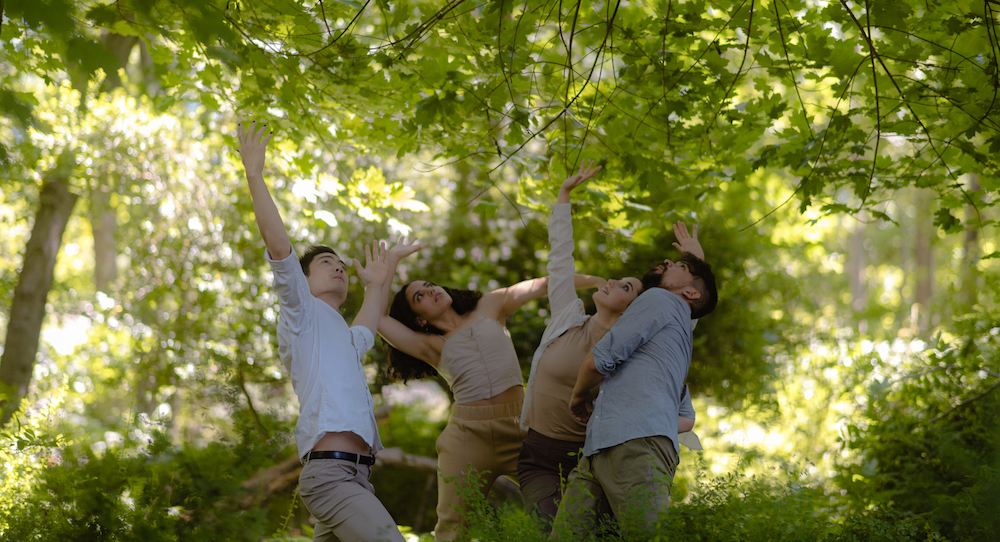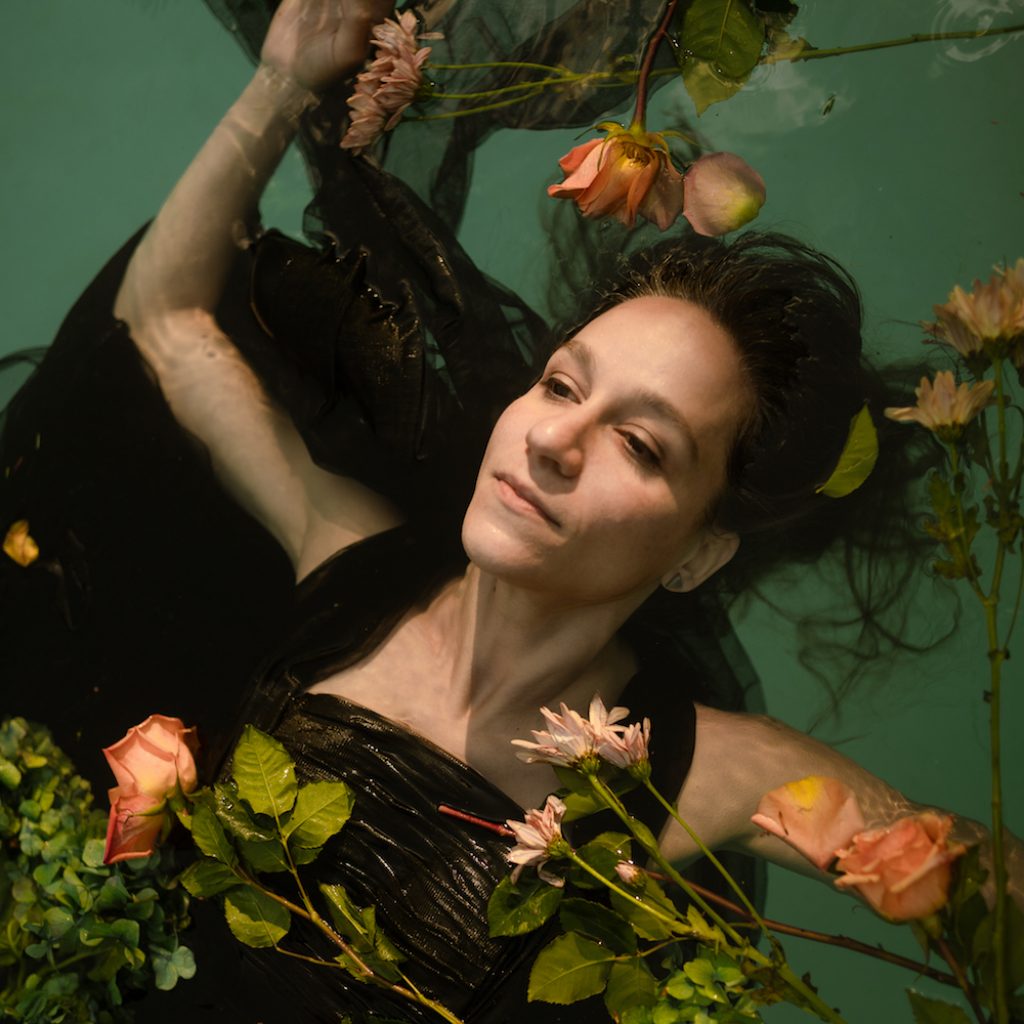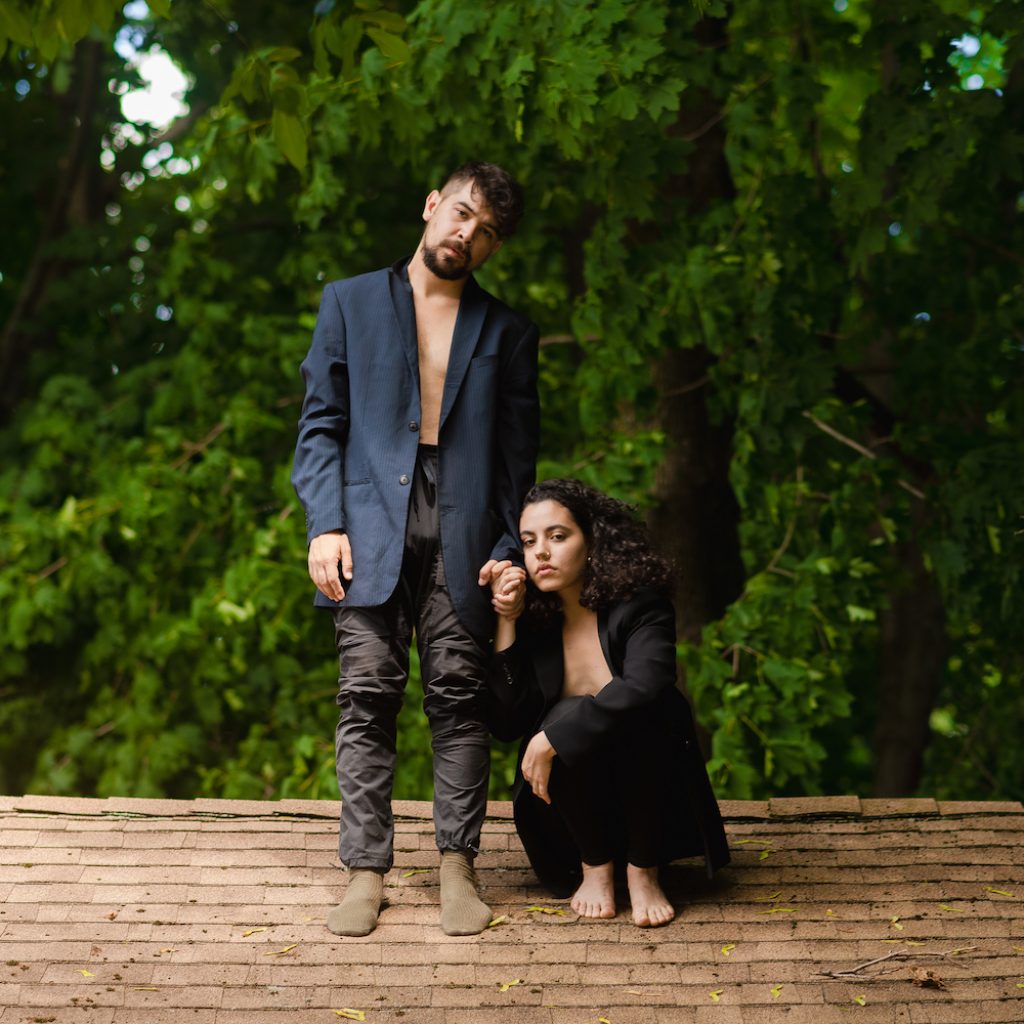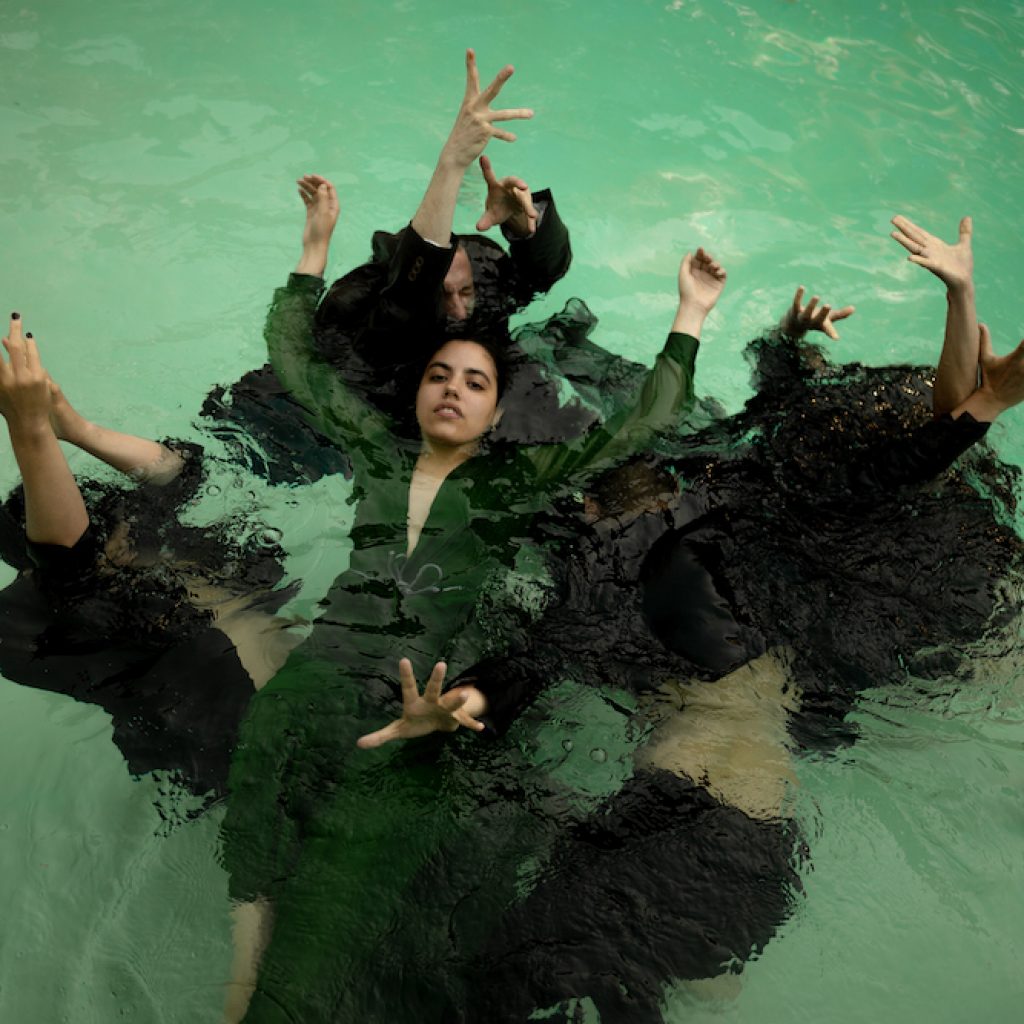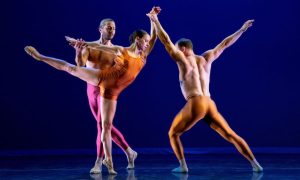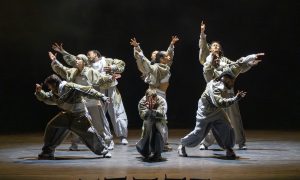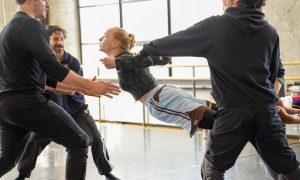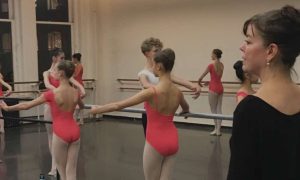Spark Movement Collective, a small NYC-based contemporary dance group, has one main mission: to create an accessible dance experience. Since its formation, Spark has done just that, in more ways than one. The practical aspects of inclusivity, such as presenting works for both children and adults, to offering American Sign Language translation at shows with words, and speaking in both English and Spanish are top of mind for Artistic Director Michelle Thompson Ulerich.
She also recognizes that many people aren’t sure how to understand dance if they’re not in the field and works to make those experiences approachable, fulfilling, and speaks to each audience member in personal ways.
“One of the ways we do that is the way we write the program notes,” Thompson Ulerich explains. “We give the audience a nugget, like a little inside scoop, so they can access it from their own perspective. We also like to explore themes that feel very global – themes that are happening in our world right now.”
Spark Movement Collective was started in 2009, by Chelsea Koenig, where she served as artistic director until 2020, when Thompson Ulerich took over. Since its inception, Spark has maintained its mission to foster and grow accessibility. When Thompson Ulerich stepped into the role of AD just months before the pandemic, the challenge took on new heights. Like many companies, that meant creating works suitable to outdoor performances and utilizing film – both of which achieved the goal of increasing accessibility.
Included in the efforts to bring dance to audiences who might not otherwise be interested, it’s also deeply important to Thompson Ulerich and the members of Spark to integrate practices into the process that allow the artists to become the most authentic versions of themselves.
For Thompson Ulerich, it is vital to create an experience that allows everyone to come as they are. She mentions her own dance training in the ballet world and how dancers were expected to show up, not acknowledge any problems and focus on the direct task at hand. That’s not how she runs things. She knows how important mental health in the dance world (and the whole world) is.
“The way I’m cultivating the environment is if you need help, please ask,” she reveals. “I talk to the dancers before rehearsal so they feel like they can take any heavy load they have, and we can all hold part of it. My work is about having the courage and vulnerability to ask for help. It’s not a sign of weakness; it’s really a sign of strength.”
Thompson Ulerich believes this approach allows the process to become more emotional, given that it starts from an open place. Her latest work explores gender fluidity, a deeply important topic to many people. While she has always identified as female, she knows so many are navigating what gender means to them and how to fit into the world.
“I basically created this container,” she says. “It’s a slow-paced piece to give the dancers the time, and also to have the audience be slow with them in those moments of vulnerability. I think the process is richer when we’re more open – and then the performance becomes richer, too.”
For artists and audiences alike, richer experiences will lead to greater connection. That connection contributes to accessible dance experiences for all, and with these intentional efforts and practices, Spark Movement Collective creates a path for a healthier and more enriching journey – from the stage or from the seats.
For more information on Spark Movement Collective, visit www.sparkmovementcollective.org.
By Emily Sarkissian of Dance Informa.


